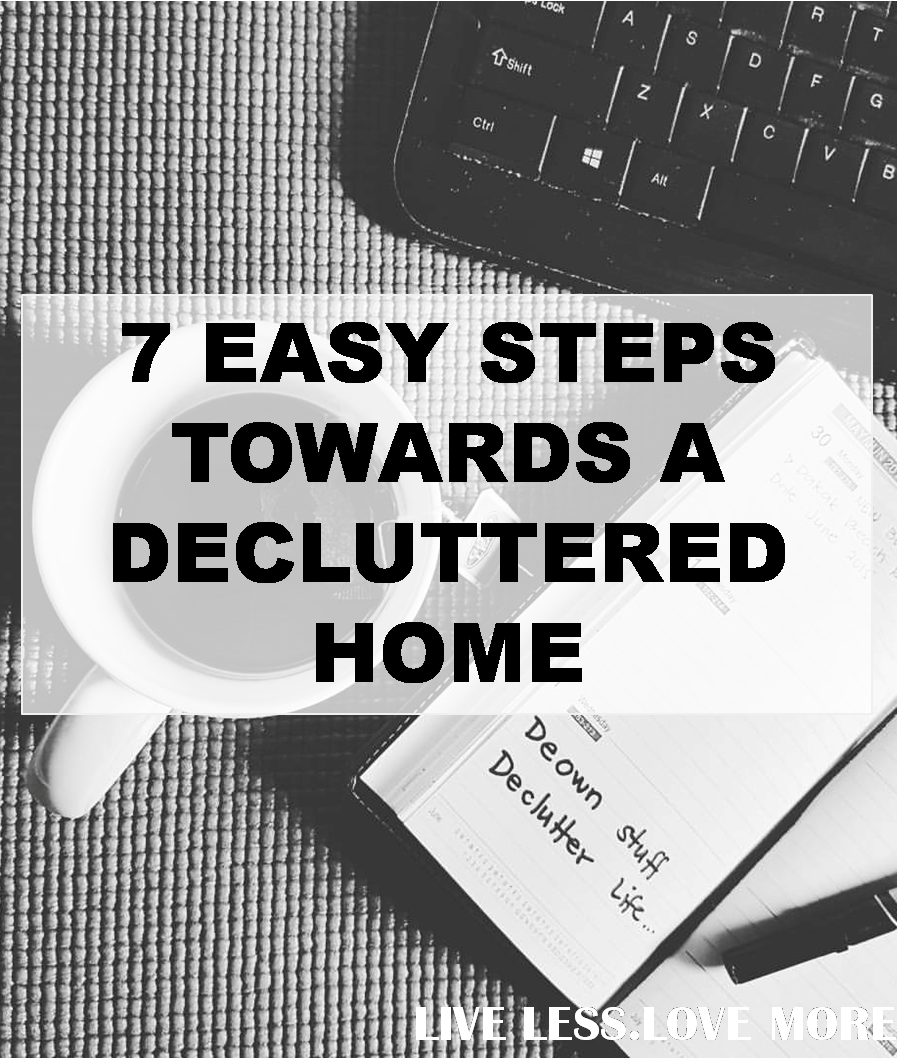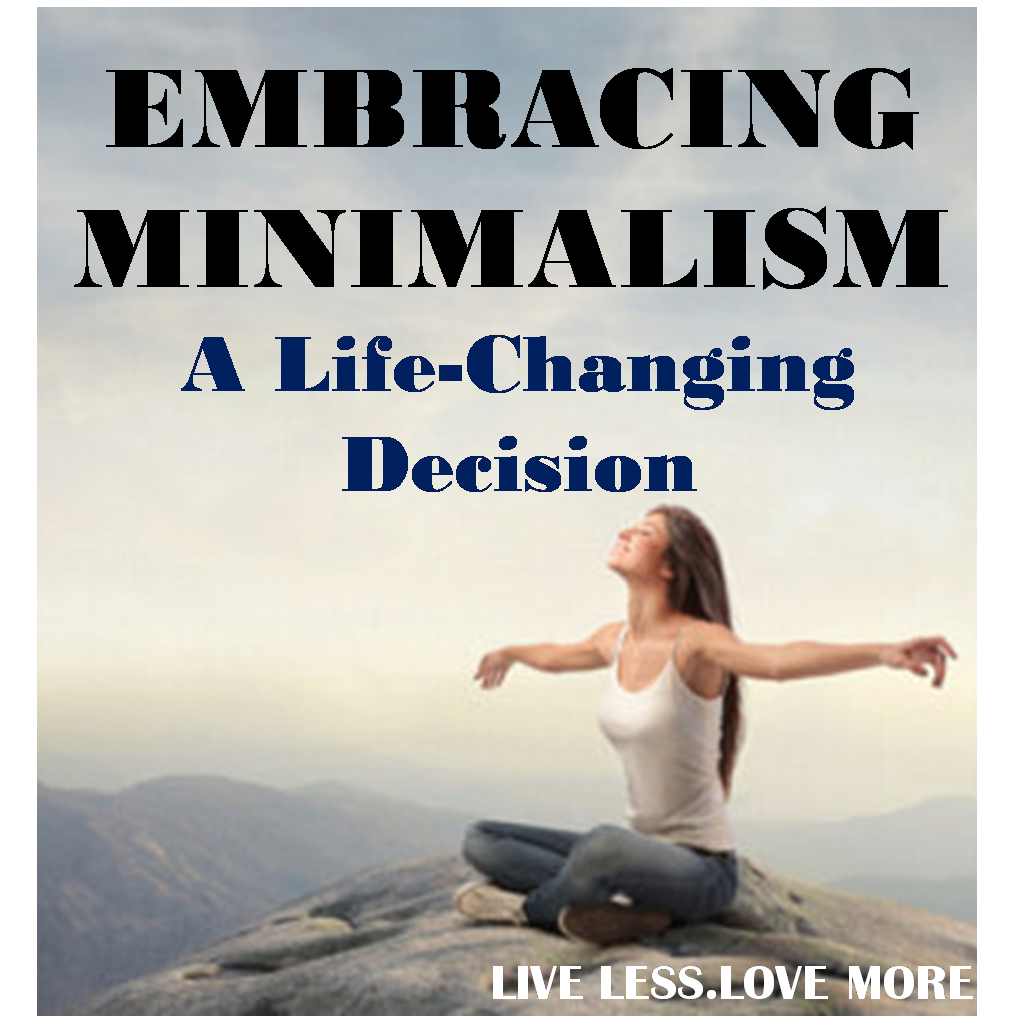“Live below your means but within your needs.” –Suze Orman
Perhaps you’re familiar with it, but do you know what it means to live below your means? It is a lifestyle in which you spend less than what you make.
The problem nowadays, most people are living beyond their means. According to study, almost 55 percent of Americans say that they spend more than they make each month.
People tend to spend more than they can afford, charge it to credit cards, and thinking that everything is still under their control. They keep on doing this kind of lifestyle again and again until one day, they woke up with tons of debts and can’t afford to pay it back.
Debts slow you from accomplishing your financial goals and future plans. Your hard earned money will be wasted because you are paying more than the item’s cost because of interest. Having debts can lead to serious stress and relationship conflicts. To sum it up, having debt is not good for your pocket, yourself, and loved ones.
To avoid or stop any of this life’s mess, you need to adopt the lifestyle of living below your means. This way of life will give you lots of benefits.
7 Benefits of Living Below Your Means
- Pay or Avoid Debts
If you spend more than you earn, the negative balance will be covered by your credit card or borrowed money from family or friends. If you keep this kind of life, your debts will ultimately grow.
By living below your means, much more money will be left in your pocket. This extra money can be used for debt repayment. The best part, having extra money will keep you from clinging unto debt if ever big purchases or emergency occurs. This way of life is the road towards a debt-free life.
- Save for Present and Future
Do you plan to save-up to buy a new laptop or go on a travel? Or you want to save to buy your dream house or fund your retirement? Whatever plans and goals you have, either short or long term, saving will be a piece of cake if you live below your means.
As a result of spending less than what you make, there is more money allocated for your savings account. Living below your means will help you reach your financial goals.
- You’re In Control
If you dream to be financially free, take control of your finances. You can manage your situation and stay out of debt by not spending everything you make. You won’t live paycheck to paycheck since you always allot extra cash for emergency expenses. Having important big purchases, a sudden business trip, medical emergencies, and any other sudden situation will not be a problem to you anymore.
Living below your means give you supreme authority over your finances. It is much better to have control of your money instead of your money taking control of you.
- Stress-Free
If you read my first post, you will know that I had so many sleepless nights thinking about my debts and miserable financial situation. I always had headaches every time I received my bills. When I received my paycheck, seeing the digits written on it gave me more worries knowing that it can’t cover up my expenses. Dealing with financial problem is a stressful one.
As I embrace minimalism, I decided to live with less by living below my means. With this, I slowly pay-off my debts and overcome my financial anxiety.
Living with less and below your means will give you a stress-free life. Receiving bills will not be a nightmare anymore. Whatever financial situation may suddenly occur to you, you’re always ready to slay it.
- No more long working hours or side hustling
As I mention above, living below your means will give you a stress-free life. Another benefit of it is that you won’t need to work overtime or do side hustles to earn additional income just to fund your lavish lifestyle or pay your debts. Moreover, you have more time to relax and do the things you love such as gardening or playing sports.
Living below your means gives you more freedom and control over your time.
- More Family Time
Given that living below your means give you control over your time (no need to work extra hours to earn more), you can spend more time with your family and loved ones. You can go out and have picnic at the park or stay at home and watch movies together.
Spending more time with your family is one of the best benefits of living below your means.
- Have Fun
If you’re done paying off all your debts; already build an emergency fund; and have enough savings; you can spend your extra cash on the activities you love such as traveling. Living below your means gives you less stress, more time and happiness.
I am not saying that you spend everything to leisure, my point is that you deserve a treat. I know, living below your means is not an easy lifestyle, you have so many restrictions, hence, treat yourself even just once a week or once a month. Go on adventures and have fun. It is much better to spend on experiences than on things.
Living with less is not easy. You may be harsh to yourself sometimes by cutting off your expenses and minimizing your leisure activities. However, the benefits of living below your means is immeasurable. So, if you decided to embrace this lifestyle, below are the steps to guide you on how to live below your means.
7 Steps on How to Live Below Your Means
- Commit yourself to live below your means.
- Evaluate all the sources of your income including your 9-5 job, businesses, and side hustles. By this, obtain your average monthly income.
- Track everything you spend and calculate your average monthly expenses. Subtract the average monthly expenses to the average monthly income. It must not result to a negative digit. If your expenses is beyond your income, cut unnecessary expenses. Remember, spend only on the stuff you really need.
- Make a budget and stick to it. On doing grocery purchases, make a list and calculate the estimated total cost. Then, only bring the estimated amount to avoid impulse buying.
- Control your spending. Evaluate the item first before purchasing.
- Live frugally and be resourceful.
- Increase your income if it can’t suffice your expenses (necessities) and if cutting is not enough.
Final Thoughts
Live a meaningful life and not a wasteful one. Living below your means is a manner to reduce stress, create more time for yourself and family, pay off debts, and build wealth. It doesn’t need to be boring, you can create more options to spend less. Be resourceful and commit yourself to live frugally.
Living below your means gives you more control over your finances and time. You don’t need to fool yourself that you need more to be happy. Remember, wealth is not measured by the materials we possess.
How about you? Is living below your means beneficial to you? What are the benefits it brought to your life? What are your steps to live this kind of lifestyle? Feel free to share it here.
All the best!



